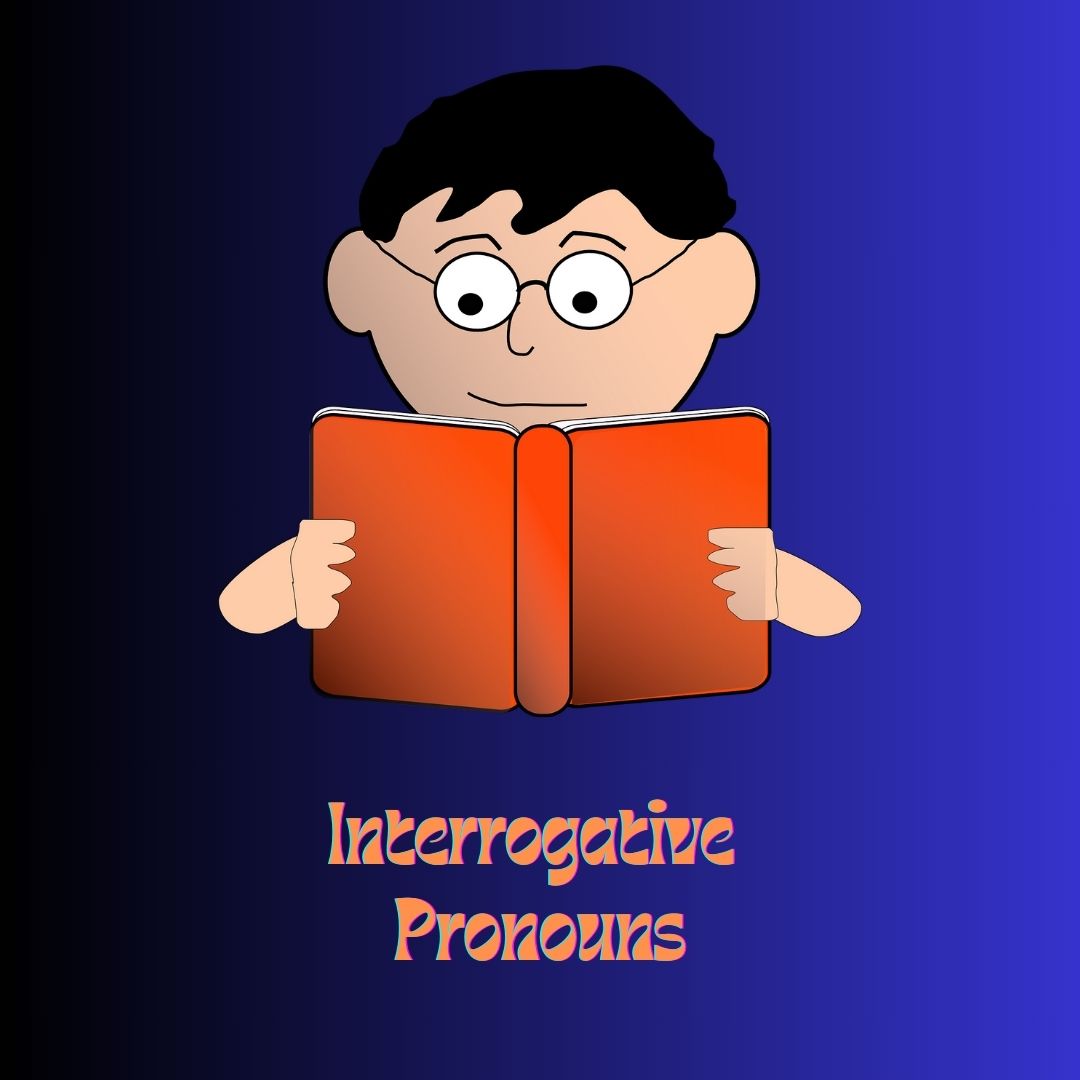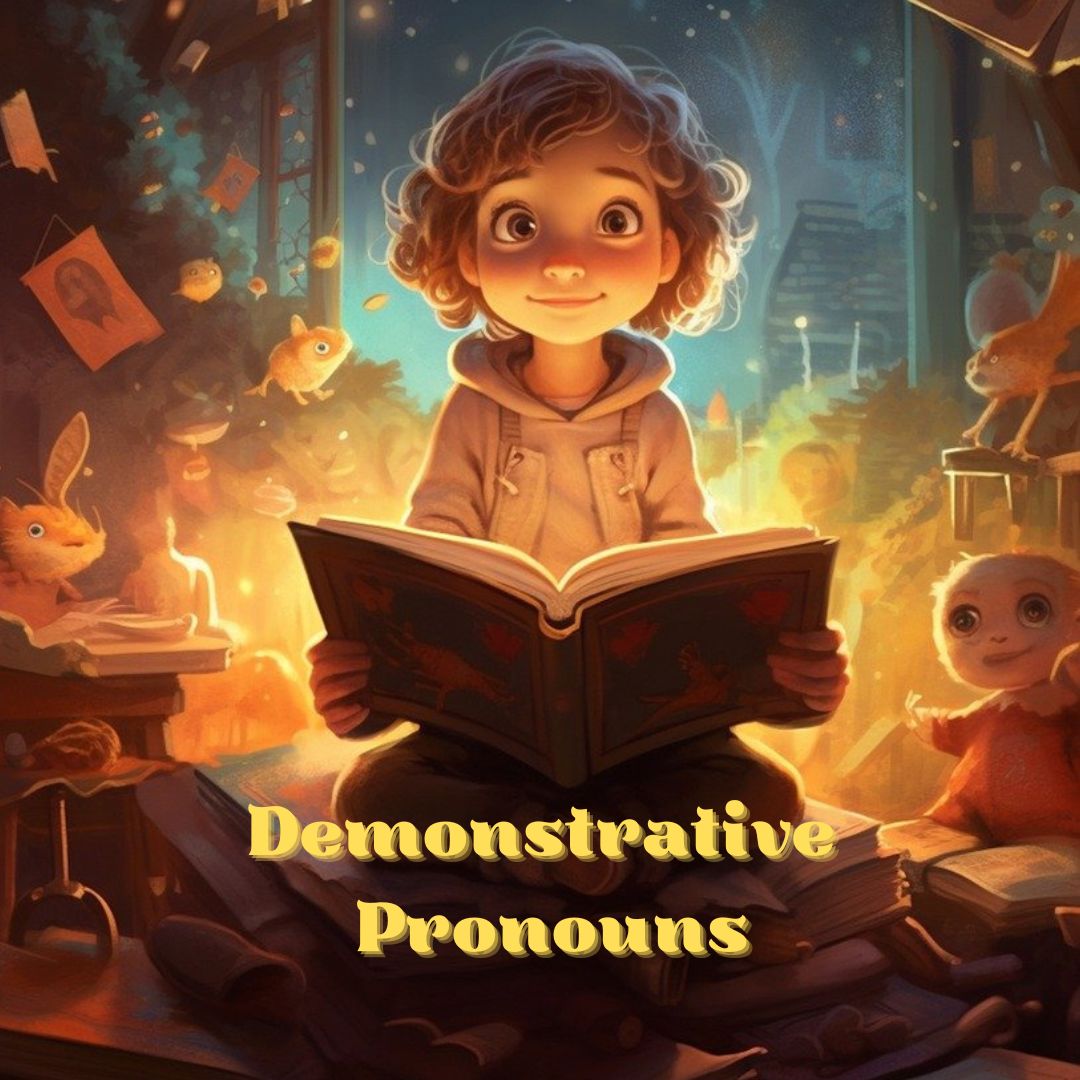Tag: pronouns

Possessive Pronouns
Possessive pronouns are used to show ownership or possession of something. They have two forms: absolute and dependent.

Indefinite Pronouns
Indefinite pronouns: some, any, no (something, somebody, someone; anything, anybody, anyone; nothing, nobody, no one) none, much, many, little, few, all, both, either, neither, each, every (everything, everybody, everyone), other, one

Relative Pronouns
Relative pronouns introduce dependent clauses that modify nouns or pronouns in a main clause. Relative pronouns include: who, whom, whose, which, and that. The choice of which relative pronoun to use depends on the role of the noun or pronoun it is replacing.

Interrogative Pronouns
In general, interrogative pronouns are used to form questions in English.They are the followings; who, whom, what, which, whose.

Demonstrative Pronouns
There are four demonstrative pronouns in English: this, that, these and those. This and that are used to refer to singular nouns, while these and those are used to refer to plural nouns.